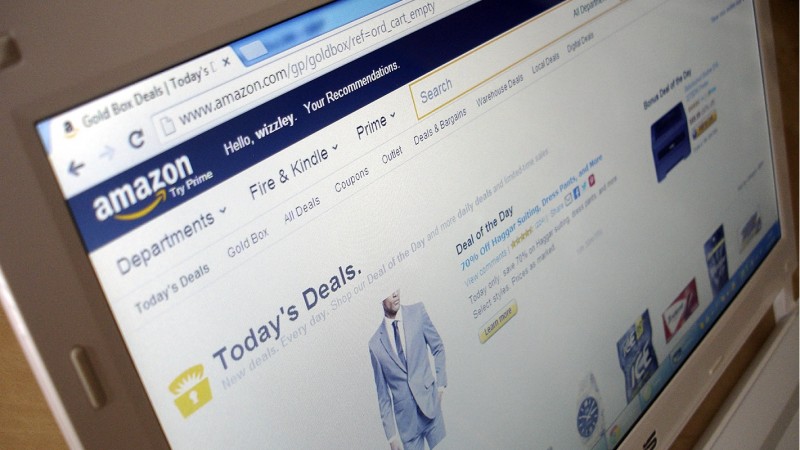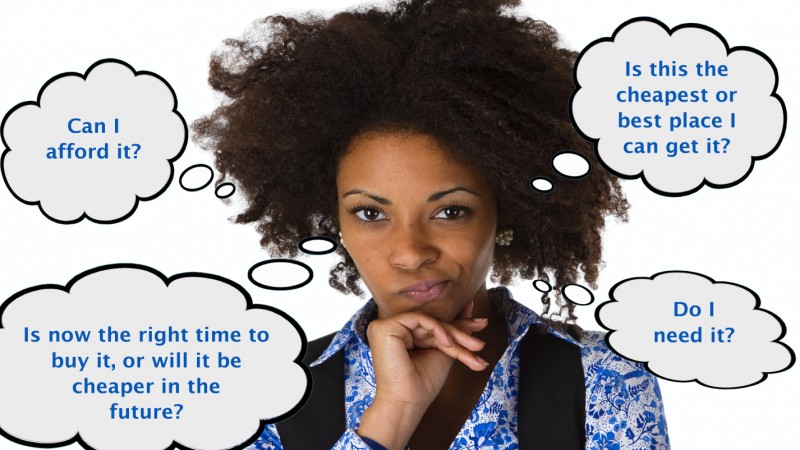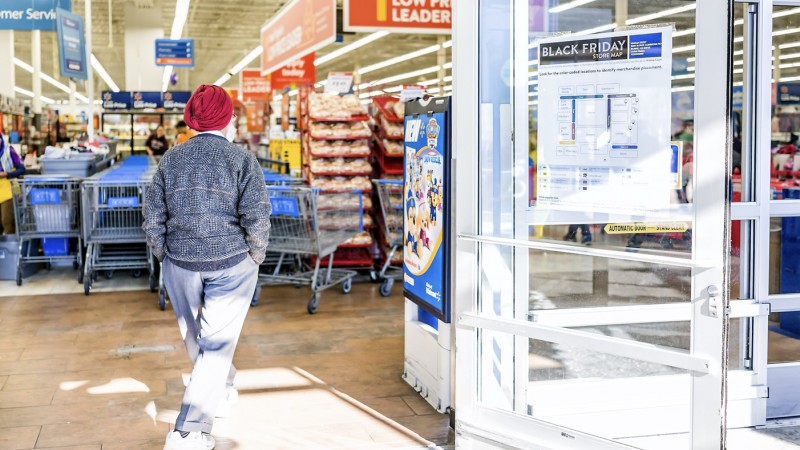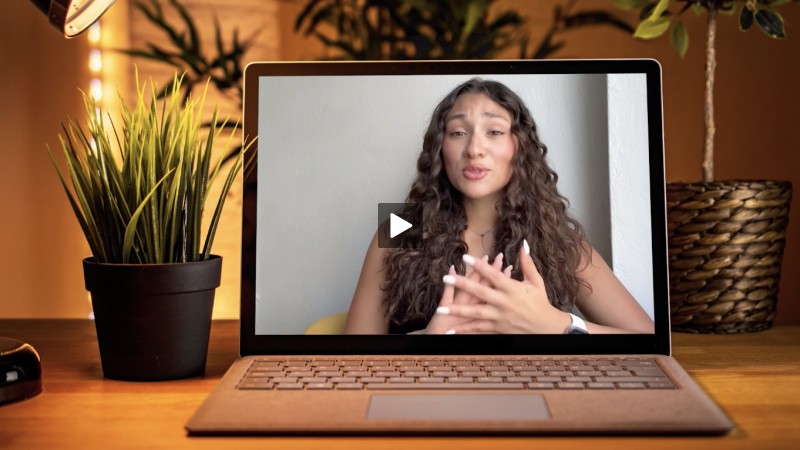Think Twice Before You One-Click Purchase
- Details
- Written by Rachel van Geenhoven
- Category: Articles

We all love ordering things on Amazon. They're typically cheaper than goods in a brick-and-mortar store, arrive quickly, and we can read lots of reviews before we commit to buying anything.
They're hard to resist because thanks to data mining, they know exactly what we want.
However, there are several downsides to online purchases, even when it's Amazon—and these apply doubly to those tempting pop-up shops you've never heard of that show up in your Facebook and Instagram feed.
They're hard to resist because thanks to data mining, they know exactly what we want, but it's worthwhile to hold back, for several reasons.
Why You Should Hold Back
-
Reviews Can Lie
Even a well-reviewed product can turn out to be not what you're expecting, and some of these popup stores have zero reviews—for the store or the product!
When there are reviews, don't forget to read the most recent ones. Sometimes they'll switch out a well-reviewed product for a lesser quality one and hope you don't notice.
-
Returns Can Be Incredibly Difficult
I once returned a piece of sound equipment to the address on the return label before realizing that there was a different address for returns. The company had no way to communicate with the facility I sent it back to!
Another time I bought a screen mirroring device that didn't function the way I thought it did, and there was zero customer service information when I tried to get my money back.
Never heard of a company? You may not be able to find them again once they have your money.
Don't be like me! Make sure you know the return procedure!
-
The Cheap Price Tag Comes at a Cost
Amazon doesn't pay its workers fairly. Some of the Instagram and Facebook pop-ups order products from artists on Etsy and then steal their designs. Typically if something is cheaper than you'd expect, someone is getting exploited. Often it's you—sometimes you're just getting poor materials and craftsmanship.
-
It's Easy to Spend Too Much Money when You Never See the Cash
There are studies demonstrating that you're more likely to make impulse purchases and bad money decisions when the transaction is virtual rather than cash. When you buy things online, sometimes you don't even need to interact with a credit card! Be careful treating money as imaginary... because the consequences (paying an item's value several times over in interest) will be very real.
-
Secondhand Is Better
Long before Macklemore's popular anthem, savvy shoppers have been styling their wardrobes with thrift store finds. You don't need to be rich to look well-off and refined. It can take a bit of searching, but you may end up paying less than a tenth of the original price tag!
There's another benefit to skipping the department stores—it helps reduce waste. Which means not only will you save your wallet, you're also saving the planet.


































